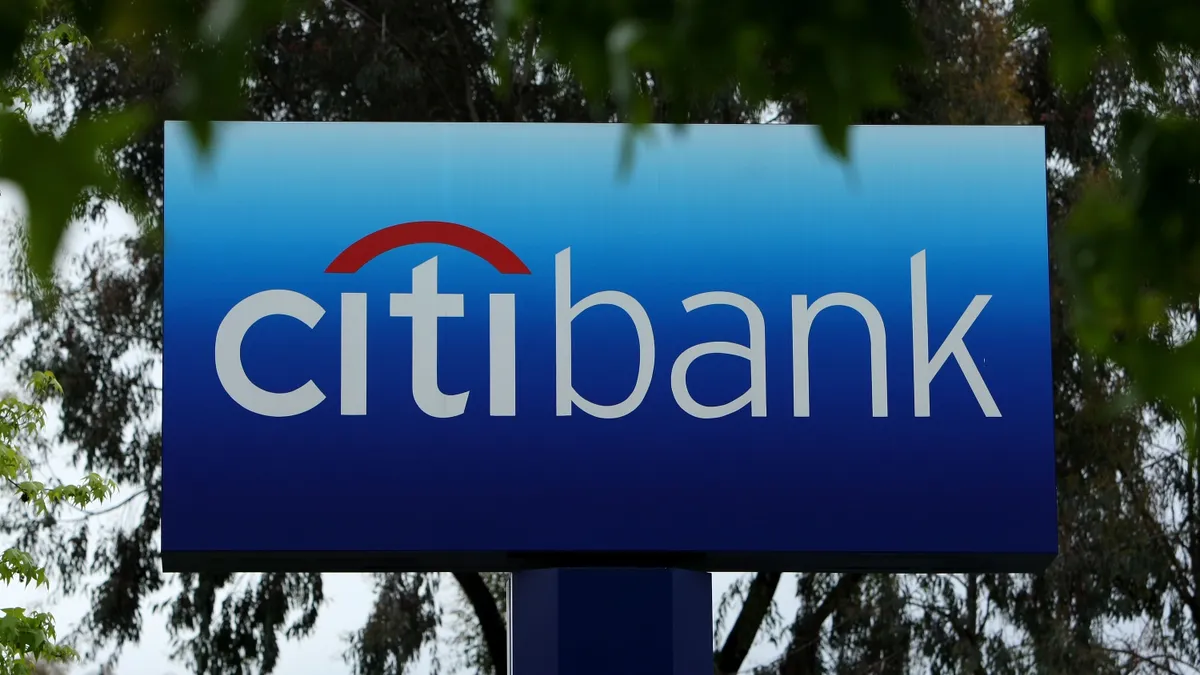Citi launched a new digital assets group to help clients invest in cryptocurrencies, stablecoins, nonfungible tokens and central bank digital currencies, the bank said in a memo seen by The Block, Bloomberg and CoinDesk.
The move makes Citi the second U.S.-based systemically important financial institution to launch a digital assets unit this month, behind Boston-based State Street. But it’s not exactly a surprise. The bank’s global head of foreign exchange, Itay Tuchman, told the Financial Times last month Citi was weighing offering cryptocurrency trading, custody and financing options to its clients.
Executives Alex Kriete and Greg Girasole will lead the group, which will be couched in Citi’s wealth management unit, the bank said Thursday.
Kriete and Girasole "will be responsible for developing our future product capabilities, client delivery mechanisms and thought leadership around all digital assets," and will serve as liaisons to "all other business groups at Citi who are expanding into this rapidly emerging space," the bank said.
They’ll "work in tandem with our functional partners and the broader Capital Markets and Citi Investment Management teams to develop a robust and scalable value proposition," according to the memo.
Citi’s crypto move marks another prong in a strategy to boost the profile of its wealth management unit, which has been building out hubs in London, Singapore, Hong Kong and the United Arab Emirates as the bank exits 13 retail markets in Asia and Europe.
Tuchman last month said Citi was approaching crypto with caution — a strategy the bank’s CEO, Jane Fraser, echoed weeks later in congressional hearings.
"We shouldn’t do anything that’s not safe and sound," Tuchman said. "We will jump in when we are confident that we can build something that benefits clients and that regulators can support."
Citi and State Street aren't the only big banks to broaden their crypto offerings this year. BNY Mellon announced in February it would hold, transfer and issue cryptocurrencies on behalf of its asset-management clients. Goldman Sachs relaunched its crypto trading desk in March. And Wells Fargo said it planned to offer its crypto investment platform to wealthy clients beginning this month.
But the volatility of the assets has prompted central bank-focused entities such as the Basel Committee on Banking Supervision and the Bank for International Settlements to cast doubt on their viability.
The crypto space's flagship token, Bitcoin, saw its value drop to $3,850 at the start of the COVID-19 pandemic before ballooning to nearly 17 times that worth by April of this year. However, it has since lost nearly half of that value.
That's been reason enough for some other large banks to steer clear. "Given the volatility, we are not into Bitcoin as an asset class," HSBC CEO Noel Quinn told Reuters last month. "If our clients want to be there, then of course they are, but we are not promoting it as an asset class within our wealth management business."
Tuchman made clear that Citi is watching the long game on digital assets. "I don’t have any [fear of missing out] because I believe that crypto is here to stay and that we are just at the very beginning of the market," he told the Financial Times last month. "This isn’t a space race. There is room for more than just one flag."















